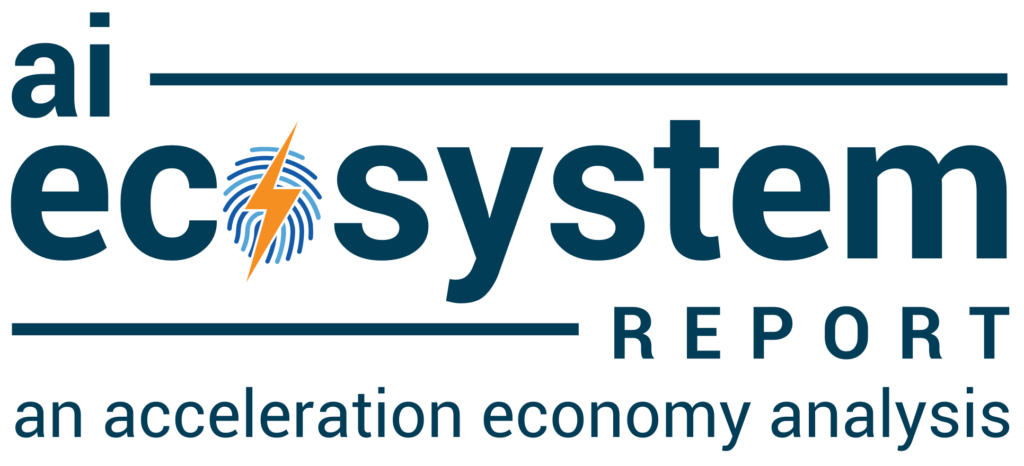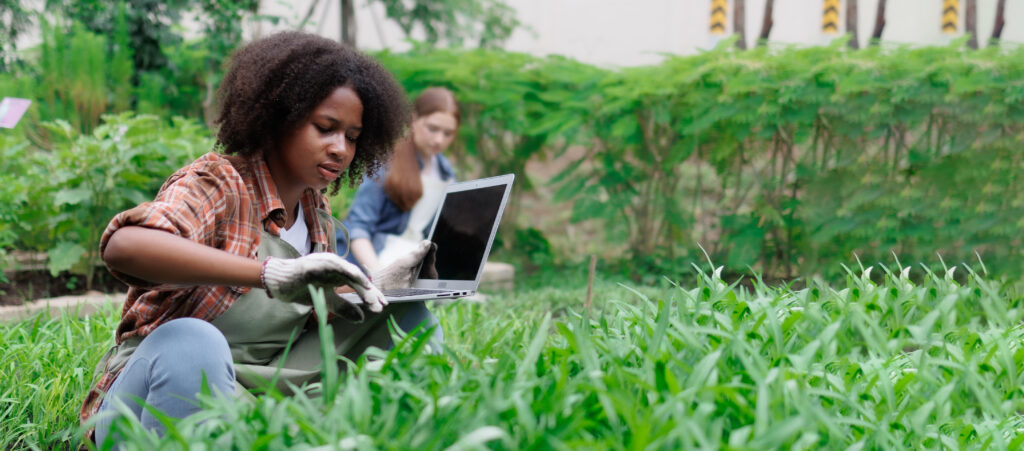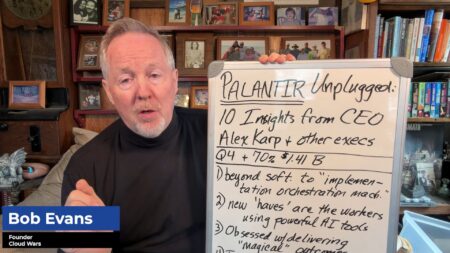
In the field of agriculture, where knowledge can be the difference between a bountiful harvest and crop failure, access to timely and accurate data is paramount. Recognizing the criticality of data, the pioneering agricultural intelligence firm Cropin recently unveiled a new AI model, Aksara, designed specifically for smallholder, or family, farmers in the Global South. Its goal: democratize agricultural knowledge and empower farmers to embrace sustainable practices.
Cropin’s Vision
Cropin is notable for software that bridges the gap between traditional farming practices and tech innovation. Cropin has been at the forefront of developing cutting-edge technologies tailored to the needs of farmers in regions facing agricultural challenges. Through its suite of applications, Cropin enables farmers to digitize their operations, optimize resource utilization, and make data-driven decisions throughout the farming lifecycle.
The company has digitized 30 million acres of farmlands, impacted over 7 million farmers worldwide; strategic partnerships with over 250 B2B customers
At the core of Cropin’s mission is its dedication to addressing the knowledge disparity prevalent among farmers in nations including India, Bangladesh, Nepal, Pakistan, and Sri Lanka.
Cropin’s Aksara AI Model
| AI Model Type | Micro Language Model (µ-LM) |
| Purpose | Built for climate smart agriculture, targeting underserved farmers in the Global South |
| License | Apache 2.0 License, open-source with no restrictions |
| Foundation Model | Mistral |
| Crop coverage | Paddy, wheat, maize, sorghum, barley, cotton, sugarcane, soybean, and millets |
| Geographic coverage | Five countries in the Indian subcontinent |
| Training data | More than 5,000 high-quality question-response pairs specific to agriculture, with over 160,000 tokens in context |
| Ethical considerations | Guided by Google’s People + AI Guidebook and discussions with Google’s Responsible AI team to ensure alignment with responsible AI principles, reduce biases, promote sustainable agricultural practices, and ensure equitable distribution of benefits |
| Future plans | Extend services to farmers in multiple languages, attract investments in domain-specific AI models for agriculture |
With Aksara, Cropin further solidifies its commitment to leveraging AI and machine learning to democratize access to agricultural knowledge, empowering farmers to thrive in an increasingly complex environment.
Aksara Bridges the Knowledge Gap
Now in its beta version and accessible via Hugging Face, Aksara represents a leap forward in agricultural technology. Leveraging advanced language processing, this Micro Language Model (µ-LM) offers tailored advice and insights to farmers covering a wide range of crops and regions. Built upon the Mistral-7B-v0.1 model, Aksara ensures accuracy and efficiency while minimizing resource consumption.
In fact, one of the key features of Aksara is its frugality and scalability, making it accessible to farmers with limited resources. Unlike traditional Large Language Models (LLMs), it is finely tuned to address the specific needs of agricultural communities, offering targeted data at a fraction of the cost. Moreover, its open-source nature fosters collaboration and innovation, allowing stakeholders to contribute to its development and enhancement.
While currently available in English, Aksara aims to expand its language support to cater to the linguistic diversity in the Global South. Through practical guidance and expertise, it endeavors to equip farmers with the knowledge needed to navigate the complexities of climate change and other agricultural hurdles.
Responsible AI Principles
With its focus on Responsible AI principles, Cropin’s Aksara model prioritizes fairness, transparency, and accountability. Measures such as incorporating verified agricultural data and preventing the spread of misinformation underscore its commitment to ethical practices. Additionally, ongoing evaluations and collaborations with experts ensure that it remains relevant and trustworthy.
Looking ahead, Cropin has ambitious plans for expansion and improvement of Aksara including support for additional languages to enhance accessibility for farmers from diverse geographies and backgrounds. By catering to the specific needs of different regions and crops, Aksara seeks to become a valuable resource for agricultural communities worldwide, fostering collaboration and innovation in the global farming landscape.
Vision for Sustainable Agriculture
The Aksara AI model offers a glimpse into the future of farming. Its innovative approach to knowledge dissemination, coupled with its commitment to ethical and responsible AI, positions it as a catalyst for positive change in the agricultural sector.
As Cropin continues to evolve and grow, it holds the promise of empowering smallholder farmers to thrive while fostering sustainable agricultural practices worldwide, thereby ensuring the resilience and prosperity of farming communities for generations to come.







